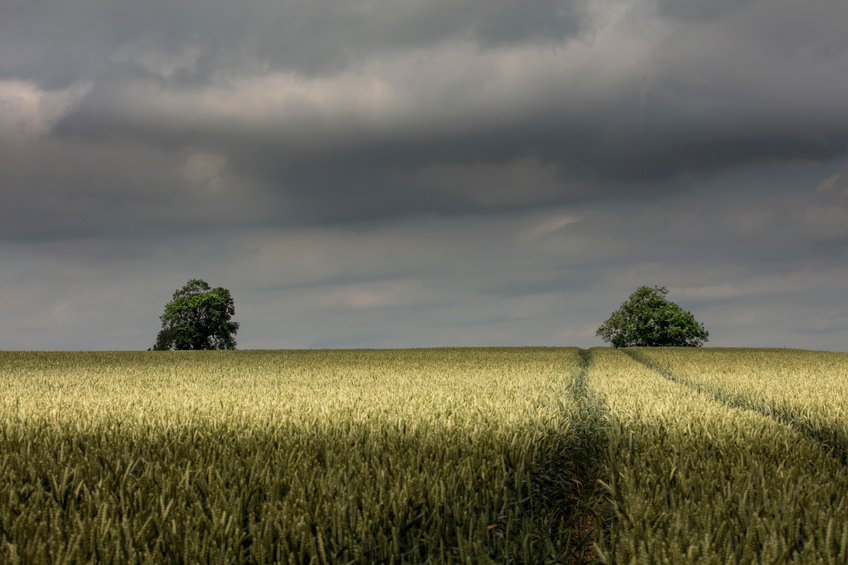
Rising costs coupled with a reduction in subsidies could lead to fields being left unplanted as farmers face tough decisions, an industry expert has warned.
A perfect storm of rising prices and a reduction in the Basic Payments Scheme (BPS) is forcing many farmers to 're-examine how they operate'.
Over the past 12 months, fertiliser prices have shot up from £250-£300 a tonne to nearly £1,000, coinciding with a 20% reduction to the BPS in England.
Paul Madeley, of Madeleys Chartered Surveyors, said these factors were causing 'a real financial risk' for farms, particularly smaller ones.
“We’re really entering an unknown area and farmers need to take stock,” he said, warning that the issues were causing a 'huge impact' on the industry.
“July is the month that many farmers look at buying their fertilisers for the next 12 months, so it will be a big decision time for many, who are considering whether or not it’s worth planting their fields next year."
Figures show that inflation in farming has now soared to levels not seen in decades, with consultancy Andersons predicting this will continue for the foreseeable future.
Many farm businesses are now feeling a severe squeeze on margins, the firm warned, with inflation expected to remain in the short-to-medium term.
Since the turn of the year, inflation in agriculture, or 'agflation', has been rapidly increasing, driven primarily by Russia's invasion of Ukraine.
Due to both countries being major agricultural powerhouses, the conflict has had the most effect on feed, fuel, and fertiliser prices.
However, as these underpin most agricultural inputs in some form, cost increases are also showing elsewhere, such as contracting costs, crop protection products and building materials.
Meanwhile, reductions in subsidies are also ongoing, and will continue until 2027. The NFU has urged the government to delay the move.
Mr Madeley said because of this, along with surging input costs, fields could be left unplanted next year as uncertainty takes its toll.
"[It] will be an unusual situation to be in and will be far from ideal - especially with the huge focus on UK food security that has been highlighted by the conflict in the Ukraine.”
He added: "We are urging farmers to get professional advice about the situation that they are facing."
